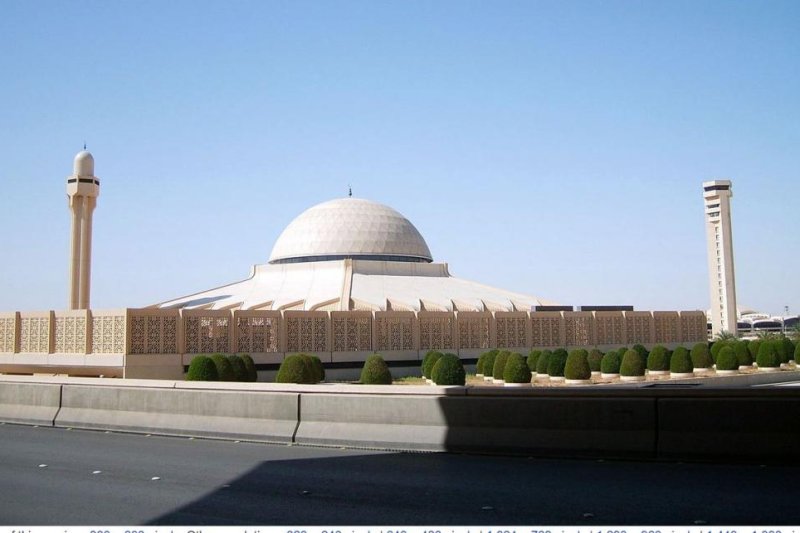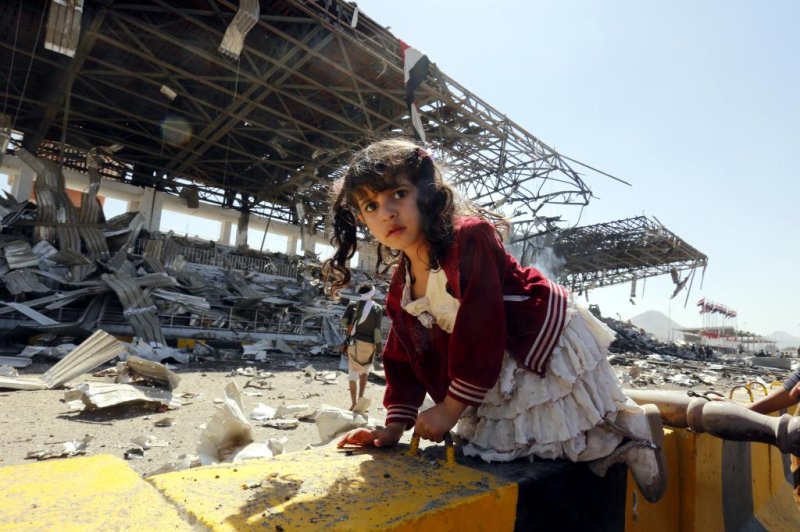Did anyone think that Iran wasn't involved with the Houtis?
Iran shipping arms to Houthi rebels since 2009, reveals UN report
(AFP) / 1 May 2015
The panel of experts reported on the findings of an investigation into the 2013 seizure by Yemeni authorities of an Iranian ship, the Jihan, that was carrying weapons.
New York — Iran has been shipping weapons to Yemen’s Houthi rebels since at least 2009, according to a confidential UN report, indicating that Tehran’s support dates back to the early years of the Shia militia’s insurgency.
The report by a panel of experts was presented to the Security Council’s Iran sanctions committee last week as the United Nations seeks to broker an end to the Saudi-led air campaign in Yemen and a return to peace talks.
The panel of experts reported on the findings of an investigation into the 2013 seizure by Yemeni authorities of an Iranian ship, the Jihan, that was carrying weapons.
Continue reading at:
Iran shipping arms to Houthi rebels since 2009 reveals UN report - Khaleej Times
Iran shipping arms to Houthi rebels since 2009, reveals UN report
(AFP) / 1 May 2015
The panel of experts reported on the findings of an investigation into the 2013 seizure by Yemeni authorities of an Iranian ship, the Jihan, that was carrying weapons.
New York — Iran has been shipping weapons to Yemen’s Houthi rebels since at least 2009, according to a confidential UN report, indicating that Tehran’s support dates back to the early years of the Shia militia’s insurgency.
The report by a panel of experts was presented to the Security Council’s Iran sanctions committee last week as the United Nations seeks to broker an end to the Saudi-led air campaign in Yemen and a return to peace talks.
The panel of experts reported on the findings of an investigation into the 2013 seizure by Yemeni authorities of an Iranian ship, the Jihan, that was carrying weapons.
Continue reading at:
Iran shipping arms to Houthi rebels since 2009 reveals UN report - Khaleej Times








